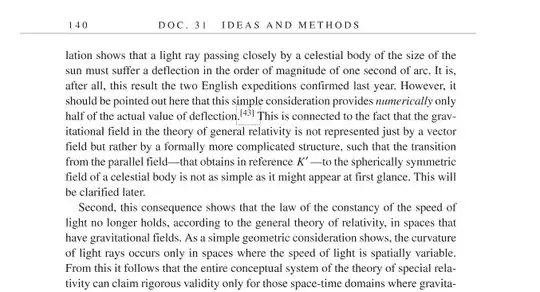While a sufficient difference in gravity over your body will kill you, gravity itself will not kill you.
It's not really clear if you're asking about hypothetical, relatively uniform gravity fields, or black holes. Since the other answers tackle the latter I'll go for the former.
Answering what I interpret to be your question, given the following ideal assumptions:
- You are in an extremely strong, homogeneous gravitational field (same forces acting on your entire body).
- The field is infinite in size and there is no "ground" or other objects to collide with.
- None of the other conditions present can kill you (e.g. you are magically able to survive with no atmosphere).
You will experience only an ongoing acceleration due to the effects of this gravitational field.
Density and mass do not affect gravitational acceleration. Even though your body is of non-uniform density, it does not matter, so all parts of your body will accelerate uniformly in this hypothetical homogeneous gravitational field.
You will simply move faster and faster, approaching the speed of light, but no harm will come to you. You will feel "weightless" and you will observe any stationary objects moving past you faster and faster.
You don't need the field to be homogeneous to survive either. It only needs to be "homogeneous enough" so that the tidal forces don't exceed your body's structural strength.
Now if you throw yourself in a black hole, that's another matter entirely. As already described in other answers, the difference in gravity over your body will cause the parts of your body to accelerate at different rates, and these forces tear you apart when the structure of your body can no longer withstand the forces. The cause of death here is the force that the parts of your body exert on each other due to their relative motions, as some parts begin moving faster than others.
Of course, these conditions don't really exist, but it's hypothetical, like your massless ropes and frictionless pulleys.
